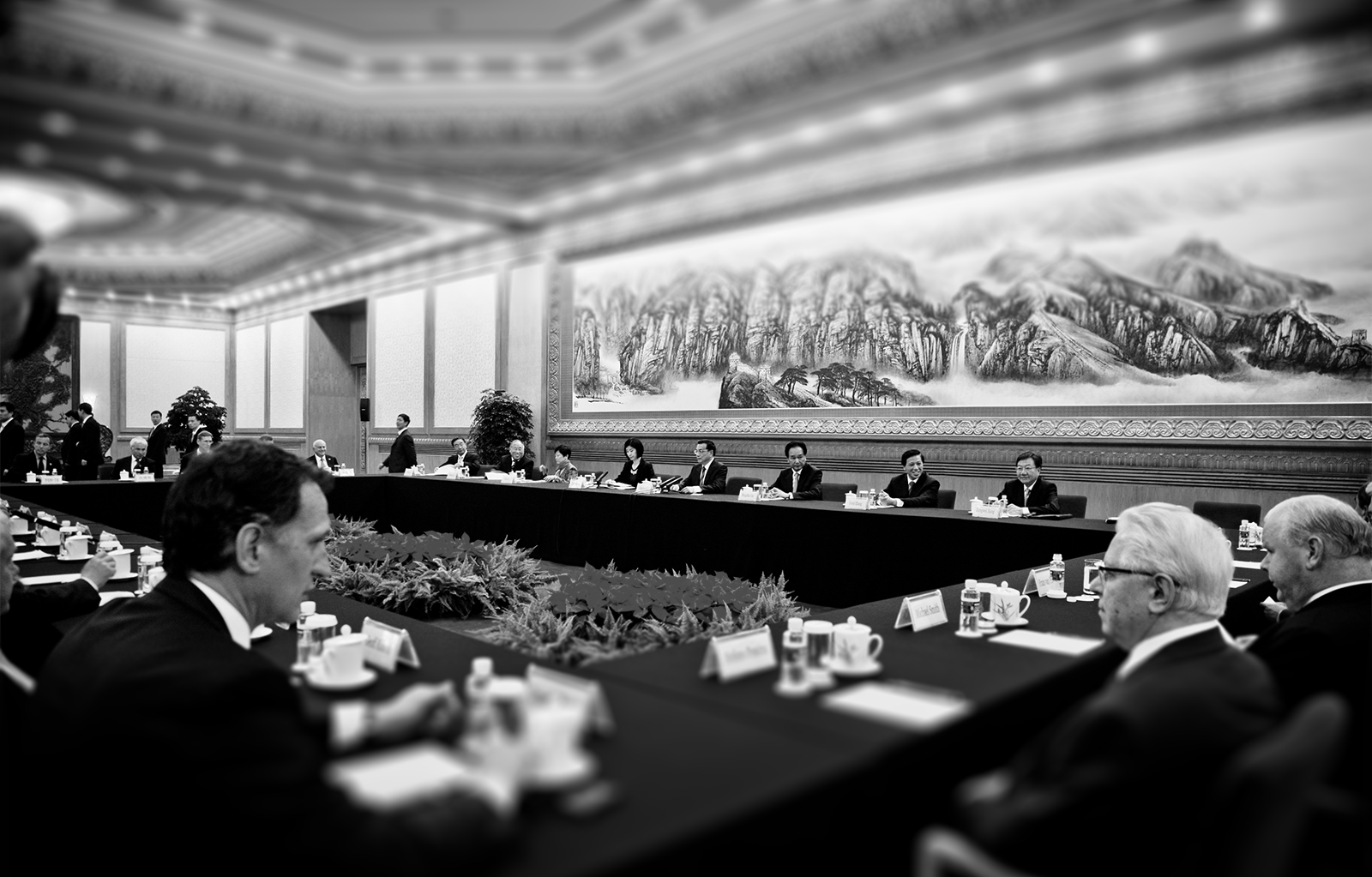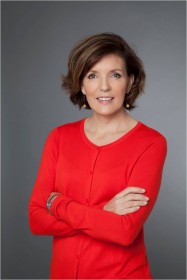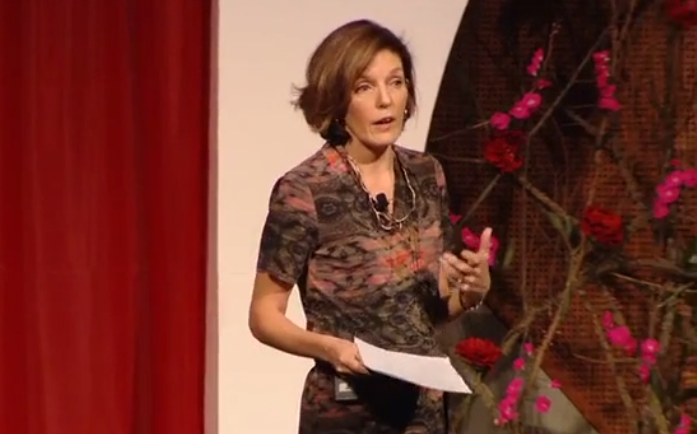A rich diversity of talent, Asian Women Leaders
 The Asia Pacific, with half the world’s population, a growing middle class and a young educated workforce, presents tremendous opportunity. Fifty percent of this demographic is women and more highly educated Asian women are steadily joining the workforce.
The Asia Pacific, with half the world’s population, a growing middle class and a young educated workforce, presents tremendous opportunity. Fifty percent of this demographic is women and more highly educated Asian women are steadily joining the workforce.
But to benefit from this rich diversity of talent, organisations must place a renewed emphasis and a re-think on understanding leadership.
Multi-national corporation (MNC) leadership is often visibly skewed towards a Western perspective; competency frameworks, language and corporate culture all too easily reflect such underlying influences. While English is the language of business, words seldom translate equally across cultures. Simple words, repeated daily at work or used for selecting leaders carry different meanings.
Lost in translation
One example is the phrase “leadership presence”. Too often this simple phrase equates with physical attributes or vocal aspects of leadership. The word “presence” conjures up charisma or gravitas. The value of charisma in leadership has been hotly contested for decades. Not only is charisma falling out of favour today, it doesn’t translate cross-culturally either.
I started a three year research project in 2010 to explore leadership experiences from a women’s perspective, immersed in the intricacies of culture in global industries. I wanted to understand the value drivers, complexities of career life and what the success factors were for Asian women leaders. I reached out to professional networks across Asia to find executive women, either running departments or heads of functions, with the time and interest to participate in this study.
Before I conducted interviews, I read various writings from leadership scholars, Alice Eagly, Sally Helgesen, James McGregor Burns and management consultants, McKinsey & Co and The Boston Consulting Group and found quantitative data connecting women with transformational leadership.
Transformational leadership
Transformational leaders – grounded in ethics and morals- sit atop the others, providing a solid foundation for 21st century organisations. These leaders operate from a higher playing field and have a better understanding of their own needs and values as well as those of their followers.
While women are prone to this style of leadership, transformational leadership is androgynous, bringing out the best in men and women.
A distinguishing feature of Transformational Leadership is the collaborative approach towards a common goal. The leader’s intent is to shift the follower’s focus towards a larger, more meaningful cause, moving from self-interest to collective concerns and benefits.
A critical element of such leadership is to actually know how to tap into the motivations of each team member. This collective effort and morally based position demonstrates the inclusive nature of these leaders, a style that fits well with today’s globally diverse organisations.
Three crucial leadership qualities for Asia
Piecing together my interviews and leadership research, I saw fascinating insights on careers, leadership and sustaining success. While individual experiences varied, three themes quickly surfaced.
- A focus on integrity and purpose. These moral values guided women when working cross-culturally, with diverse teams to drive performance.
- An emphasis on having a meaningful career. More than any P&L and departmental re-org, they placed value on the impact of their performance and impact to develop others. Having a meaningful career meant much more than having flexible working arrangements. Most women stated something along the lines of ‘If I am making a difference, I can balance the rest.’ Their determination was clear, with the innate ability to overcome mental and structural obstacles.
- Building an integrated, inclusive web to sustain success and balance life. The idea of creating a ‘web of inclusion’ surfaced with other researchers studying executive women leaders. Many discussed how they led from the centre rather than the top of the hierarchy. Interestingly, when I asked about their leadership style, most preferred the word “coach” to “leader.”
The organisational web
This integrated web of inclusion uses soft power and influence to achieve mutual, not individual, results. This leadership style is aligned with collective cultures, and within flattened organisational structures.
I found a pattern of inclusiveness; building a web was uniquely Asian, most women mentioned family or extended family being integral to their success. In sharing stories about leading from the centre, their organisational charts even depicted this model, placing themselves in the middle, surrounded by their team. The family was placed on the next connecting circle.
With this insight, it’s clear that organisations must now take a step back to re-examine their leadership selection processes. In assessing the next generation of leaders, the transformational ones should be top of the list. Such leaders are now in high demand, as they are more capable of using collective thinking to achieve results, bringing the organisation to new heights.
These leaders know how to build a sturdy inclusive network, and more comfortable motivating a globally diverse team.
Originally by: Jane Horan, Source: June 10, 2014, BlueNotes





 I thought about new words or ways to explain self-promotion, and came up with the tried and true “elevator pitch”, which hardly translates easily, but is actually similar to “self-promotion.” There are cultural cues and rituals on elevators–where to stand, space requirements, eye contact, and conversational guidelines.
I thought about new words or ways to explain self-promotion, and came up with the tried and true “elevator pitch”, which hardly translates easily, but is actually similar to “self-promotion.” There are cultural cues and rituals on elevators–where to stand, space requirements, eye contact, and conversational guidelines. The Asia Pacific, with half the world’s population, a growing middle class and a young educated workforce, presents tremendous opportunity. Fifty percent of this demographic is women and more highly educated Asian women are steadily joining the workforce.
The Asia Pacific, with half the world’s population, a growing middle class and a young educated workforce, presents tremendous opportunity. Fifty percent of this demographic is women and more highly educated Asian women are steadily joining the workforce.